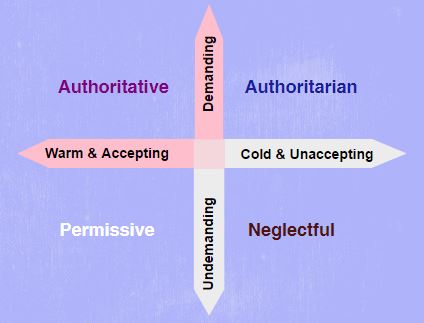Environmental coping including nature walks bonding with pets etc. Wash your hands with perfect attention for 22 seconds clean the surfaces and observe your hands.
 Pdf Defense Mechanisms In Psychology Today Further Processes For Adaptation Semantic Scholar
Pdf Defense Mechanisms In Psychology Today Further Processes For Adaptation Semantic Scholar
The problem-focused strategies are those that modify the behaviour of the person.

Coping mechanisms psychology. The human ability to adapt. They have a mind of their own and want to touch your face. We feel some degree of compulsion toward them and.
Coping mechanisms are ways to which external or internal stress is managed adapted to or acted upon. Swanson in Reference Module in Neuroscience and Biobehavioral Psychology 2018. Physiological coping including yoga art naturopathy breathing exercises and muscle relaxation.
By coping psychologists refer to strategies by which individuals adjust or fail to adjust to difficult situations. A coping mechanism is a psychological strategy or adaptation that a person relies on to manage stress. Here is a full list of coping mechanisms.
Here are two theories of psychology which provide insight into how coping mechanisms may be developed and why they are important. Emotion-focused coping is a type of stress management that attempts to reduce negative emotional responses associated with stress. What are coping mechanisms.
Coping mechanisms are used to manage or deal with stress while defense mechanisms are generally unconscious processes that people are unaware they are using Good Therapy 2016. In the case of stress coping mechanisms seek to master minimize or tolerate stress and stressors that occur in everyday life. Like most habits coping mechanisms have an addictive quality to them.
The appraisal-focused strategies are those coping mechanisms which involve the change of mindset or a revision of thoughts. A coping mechanism could accurately be looked upon as a type of addiction. Sometimes coping mechanisms are intentional choices while other times a person may be unaware that theyre using them.
Lowering sights to what seems more achievable. Negative emotions such as embarrassment fear anxiety depression excitement and frustration are reduced or removed by the individual by various methods of coping. Constantly changing cognitive and behavioural efforts to manage specific external andor internal demands that are appraised as taxing.
Helping others to help self. Most importantly as you. Susan Folkman and Richard Lazarus define coping as constantly changing cognitive and behavioral efforts to manage specific external andor internal demands that are appraised as taxing.
Cognitive coping including mindfulness thought restructuring and meditation. Hood Jr Sally B. Coping is the process of spending conscious effort and energy to solve personal and interpersonal problems.
Not coping - giving in to the pressure to misbehave. Denial is the most common coping mechanism under this category. Based on these findings there are three groups or sub-divisions of coping mechanisms.
Types of Coping Strategies. Psychologists Susan Folkman and Richard Lazarus were the first to coin the phrase coping mechanisms and describe them as. Model that brings all ways of coping mechanism into one.
Eventually the important variables or factors associated with stress and their direct or indirect effects on various outcome meas ures. There are many theories on coping mechanisms in relation to ones mental health as well as how coping mechanisms are affected by each individuals unique experiences and perspectives. For example projection is a defense mechanism that involves seeing unsavory aspects of yourself in others.
Often related to psychopathology religion as a coping mechanism is largely studies.

